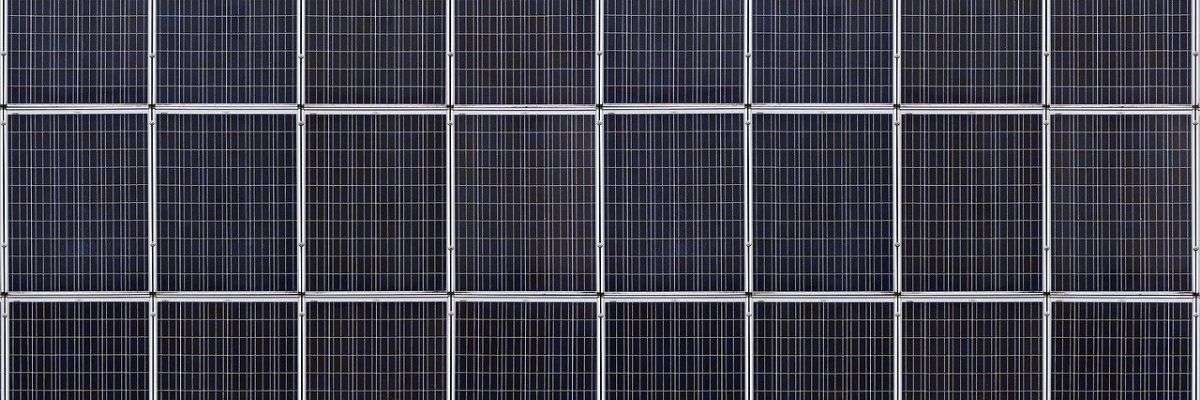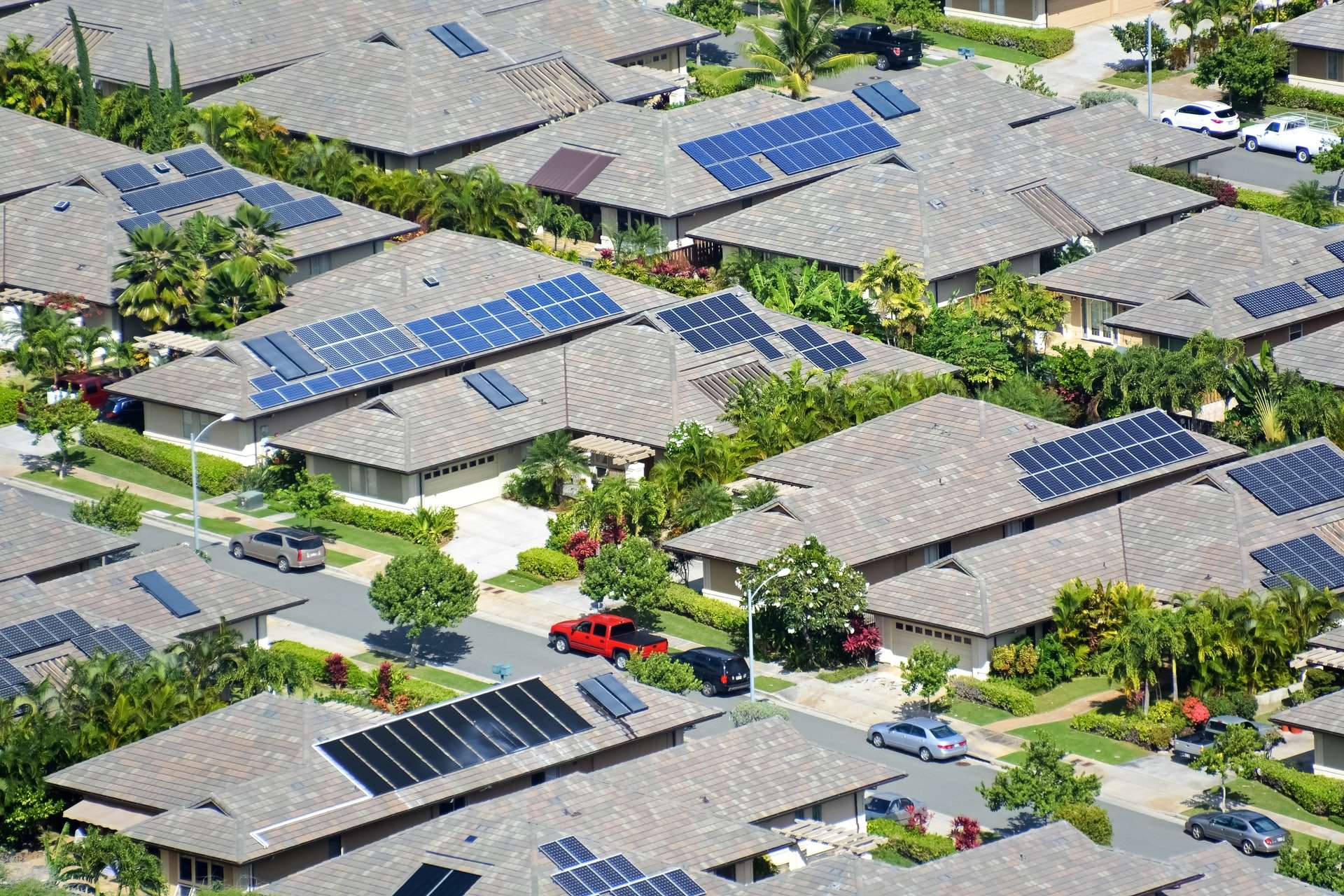Last year, California solar module manufacturer Auxin Solar filed a petition with the Department of Commerce (DOC) requesting a review of solar panel imports arriving from Chinese companies operating in Cambodia, Malaysia, Thailand, and Vietnam. Now, in a move that could spell big trouble for the U.S. solar industry, the DOC has announced that it will move forward with the investigation. Many believe that this announcement signals a potential “worse-case scenario” for those companies which currently supply 80 percent of U.S. solar cell imports and, as a result, the U.S. solar industry in general.
The Petition
The petition filed by Auxin Solar alleges that manufacturers of solar cells & modules in Malaysia, Thailand, Cambodia, and Vietnam, use parts produced by Chinese companies as a means of keeping production costs down, while also skirting antidumping & countervailing (AD/CV) tariffs on Chinese goods. These AD/CV tariffs have been in place since 2012.
Since the publication of the petition, it has been widely disparaged across the solar industry. John Smirnow, vice president of market strategy with the Solar Energy Industries Association (SEIA), referred to it as “a blatant attempt by Auxin to unfairly gain a competitive advantage, to the great detriment of other domestic module manufacturers and the American solar industry at large,” echoing the sentiment of many of his peers.
It has also been noted that Auxin Solar’s petition is similar, though not identical, to another petition which was thrown out by the DOC in November 2021. However, while that petition, filed by American Solar Manufacturers Against Chinese Circumvention (A-SMACC), focused on a number of specific, unnamed companies, the Auxin Solar petition called for a review of entire countries.
Potential Impact on the U.S. Solar Industry
Antidumping and countervailing (AD/CV) tariffs can be as high as 50 to 250 percent—worrying figures for the U.S. solar industry. For utility-scale solar in particular, the uncertainty of tariffs can freeze deployment, given that expenditure on modules can make up 50 percent or more of the overall cost of a utility-scale solar project. PV Magazine USA cites the example of SOLV Energy, a utility-scale solar contractor, which can have projects costing upwards of $300 million. For such a project, a 50 to 250 percent tariff could generate additional costs of between $75 million and $375 million. Market uncertainty has already made significant impacts on the solar sector, with LG recently announcing that it will be closing its solar module business and shutting down its module assembly plant in Huntsville, Alabama.
Domestic module manufacturers have also spoken out against Auxin Solar’s petition. Canadian-owned manufacturer Silfab Solar noted that U.S. crystalline-silicon module producers depend on imported solar cells as there is currently no commercial production capacity in the U.S. The SEIA has suggested that AD/CV tariffs would result in the loss of 14 GW of new solar installations—more than half of the total capacity installed in 2021.
Reaction & Response
Following the announcement, key figures in the U.S. solar industry, as well as Auxin Solar, released their own statements. In their response, Auxin Solar held their ground, offering gratitude for the DOC’s decision to move ahead with an investigation:
“For years, Chinese solar producers have refused to fairly price their products in the U.S. and have gone to significant lengths to continue undercutting American manufacturers and workers by establishing circumventing operations in countries not covered by those duties. We are grateful Commerce officials recognized the need to investigate this pervasive backdoor dumping and how it continues to injure American solar producers. Fair trade and enforcement of our trade laws are essential to rebuilding the American solar supply chain and making Solar in America again.”
On the contrary, Abigail Ross Hopper, president and CEO of the SEIA, used her statement to highlight the potential negative effects of such tariffs on the solar industry:
“Contrary to the Biden Administration’s goal of growing clean energy in the U.S., the Department of Commerce has decided to consider up to 50%-250% tariffs on the solar industry in the United States. This misstep will have a devastating impact on the U.S. solar market at a time when solar prices are climbing, and project delays and cancellations are adding up. The solar industry is still reeling from a similar tariff petition that surfaced last year. The mere threat of tariffs altered the industry’s growth trajectory and is one of the reasons why we’re now expecting a 19% decline in near-term solar forecasts. Taking up this case will have a chilling effect on the solar industry.”
Clean Energy Associates (CEA), a solar and storage technical advisory firm, responded by detailing the potential repercussions, both long- and short-term of such an investigation. CEA anticipates that buyers of cells and components from those countries under investigation will face delayed shipments and the possibility of manufacturers attempting to renegotiate terms. Countries not under investigation will also be impacted by the decision, with module and cell prices expected to increase as sellers from these non-investigation countries shift their customer base to the U.S. instead of catering to domestic demand.
Do you want to go solar? Contact YSG Solar today. YSG has been operating in the solar industry for over a decade, working on everything from small rooftop projects to large-scale solar farms. We will identify the ideal solar solution for your energy needs and make it a reality. Call the office at 212.389.9215 or send us an email to learn how much you could save by going solar with YSG.
YSG Solar is a project development company responsible for commoditizing energy infrastructure projects. We work with long-term owners and operators to provide clean energy assets with stable, predictable cash flows. YSG's market focus is distributed generation and utility-scale projects located within North America.
Sources:
Featured Photo by Jeremy Bezanger on Unsplash.

